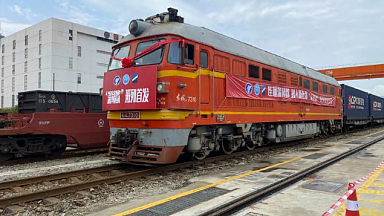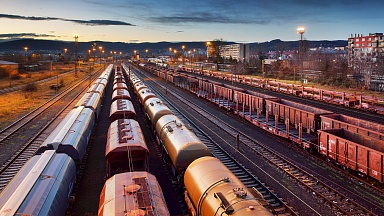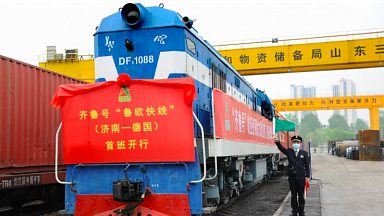The Federal Cartel Office, Germany’s national competition regulatory agency, also favours the idea introduced by the German Monopolies Commission in 2021. Splitting DB into two companies is seen as a solution to growing concerns over the company disrupting competition due to its structure and fund allocation practices. «More competition on the rails is good,» said Andreas Mundt, the president of the Cartel Office, to German media. He also noted that «Deutsche Bahn has many subtle ways to hinder competition,» and this is something that should change. In his opinion, separating the infrastructure company from the operating company is a step in the right direction.
DB and the Cartel Office have a history This is not the first time the Federal Cartel Office and DB are at odds. Last June, the competition authority criticised DB fiercely, saying it uses its key position in the transport and infrastructure markets to restrict competition from third parties. One of the main points of critique concerned the fact that DB does not share data traffic data that could be used for more efficient service forecasting and organisation, for instance.
The lack of transparency in this case is causing unfair competition, according to the Cartel Office, and can harm both passenger and freight services. Regarding cargo services, companies have been complaining for quite a long time about the unpredictability and lack of coordination characterising DB during disruptions, even when those disruptions are foreseen well in advance.





